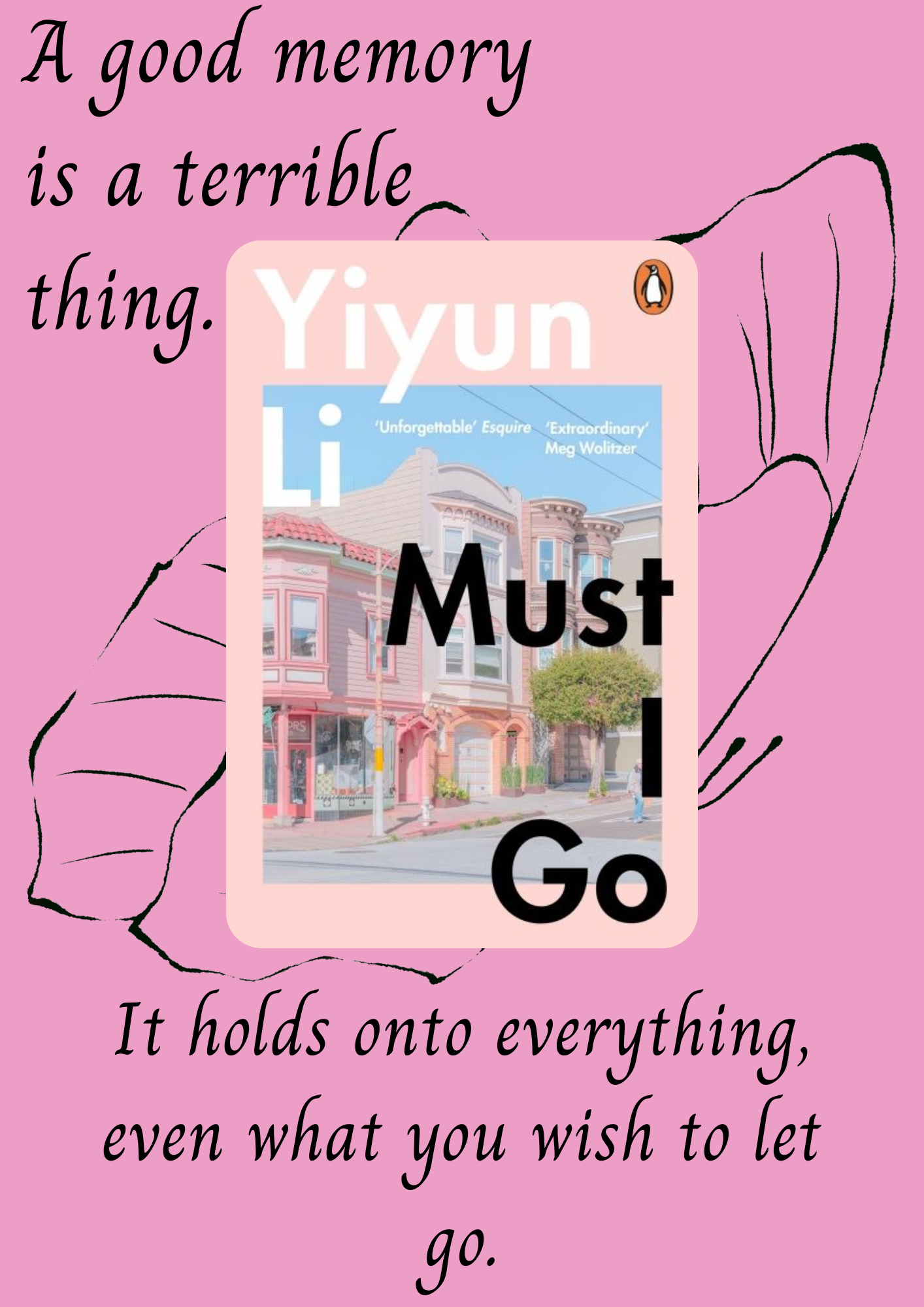Have you ever wondered what stories lie hidden within a long life? What secrets do memories hold, and what truths do we choose to believe?
Step into the extraordinary mind of Lilia Liska with Yiyun Li’s profound novel, Must I Go. This isn’t just a book; it’s an intimate invitation to reflect on memory, grief, and the intricate tapestry of a life well-lived (and remembered).
What Kind of Book Is It?
- Genre: Literary Fiction / Character Study / Fiction about Memory & Aging
- Tone: Introspective, witty, deeply poignant, at times darkly humorous
- Setting: Primarily modern-day America, anchored in the rich inner world of its protagonist, spanning decades through her memories
- Pacing: Deliberate, reflective, and non-linear, mirroring the flow of thought and reminiscence
What Introspective Journey Awaits You? (Spoiler-Free!)
Must I Go introduces us to Lilia Liska, an eighty-one-year-old woman with a sharp mind and an even sharper wit. As she navigates her later years, Lilia embarks on a deeply personal excavation of her past. Her particular focus? Her decades-long, complex relationship with a now-deceased, obscure writer named Roland, whose life and work she has meticulously documented in her own extensive diaries.
Through letters, journals, and the unfiltered flow of her thoughts, Lilia revisits the choices she made, the losses she endured, and the people who shaped her existence. It’s a journey that blurs the lines between memory and invention, showing how we curate our own narratives and come to understand our place in the world.
This book is a quiet, powerful exploration of:
- The nature of memory and how it shifts over time.
- Grief and resilience in the face of life’s inevitable changes.
- The power of storytelling, both in literature and in our personal lives.
- The rich inner world of a woman who has lived a full, complicated life.
Why Will This Book Capture Your Heart?
- A Unique, Unforgettable Voice: Lilia Liska is a character unlike any other. Her observations are piercing, her wit unexpected, and her honesty refreshing. You’ll feel like you’ve spent time with a fascinating, wise friend.
- Profound Themes, Gently Explored: Yiyun Li tackles big questions about life, death, regret, and connection with remarkable grace and depth, inviting you to ponder alongside Lilia.
- Exquisite Prose: Li’s writing is simply beautiful – precise, intelligent, and lyrical without being overly sentimental. Every sentence feels thoughtfully crafted.
- An Intimate Character Study: If you love books that delve deep into the psychological landscape of a single character, exploring their internal world with nuance, this is a masterpiece.
- A Celebration of Reading & Writing: The novel cleverly weaves in themes of literature and the act of creation, making it a treat for anyone who loves books about books.
Ready to get lost in Lilia’s world of memories? You can find Must I Go by Yiyun Li on Amazon or at your favorite book retailer.
Loved “Must I Go”? Try These Next!
If Yiyun Li’s introspective brilliance resonated with you, these literary gems offer similar depth and profound character exploration:
- “Gilead” by Marilynne Robinson: Written as a series of letters from an aging pastor to his young son, this Pulitzer Prize-winning novel is a beautiful, contemplative exploration of faith, family, and a life reviewed.
- “Olive Kitteridge” by Elizabeth Strout: A series of interconnected short stories (or a novel in stories) that build a stunning portrait of a complex, often prickly, retired schoolteacher and her small Maine town. Masterful character development and poignant observations on human nature.
- “What I Loved” by Siri Hustvedt: A brilliant and moving novel that explores art, loss, identity, and the complex relationships between friends and family over several decades in New York City. Intellectually stimulating and emotionally resonant.
- “Housekeeping” by Marilynne Robinson: A hauntingly beautiful novel about two orphaned sisters raised by eccentric aunts, exploring themes of belonging, transience, and the definition of “home.” Lyrical prose and deep introspection.
These books share a similar introspective tone, focusing on how memory, regret, and inner dialogue shape our understanding of the past.
